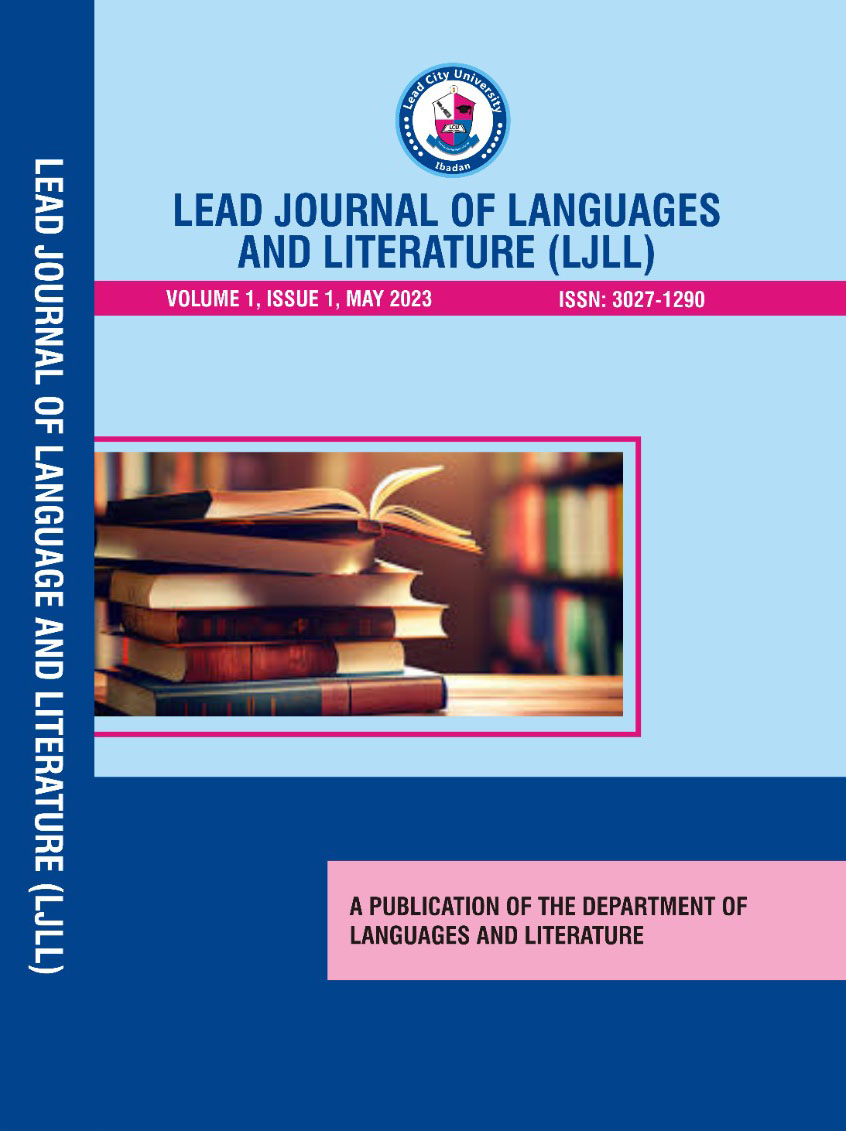Literature and Culture of Prophethood: A Criminological Analysis of Wole Soyinka’s: The Trials of Brother Jero
Keywords:
Literature, Culture, Prophethood, Criminological Analysis, TrialsAbstract
In every religion worldwide, the role of Prophet is highly respected and revered. Prophets are seen as
spiritual leaders who bridge the gap between the physical and metaphysical realms, embodying the
ideals of their societies. They play a positive role in addressing the issues faced by their communities. This
paper focuses on the main character in Wole Soyinka's The Trials of Brother Jero and analyzes him as a
prophet. Previous research on the text has explored themes such as abuse of power, the transformation
of modern society, the pursuit of happiness, patriarchal representation of women, satire, and social
mediation, irony as farce, comedic elements, linguistic and pragmatic analysis, parody, and social
conflict. This paper uses a criminological theoretical framework, which examines crime, criminals, law,
and criminal jurisprudence from a social scientific perspective. The goal of this study is to prove the
protagonist's criminal actions. The objective is to expose the various atrocious acts committed by the
hero, demonstrating that the Prophet is a criminal disguised as a benevolent figure. The critic employs a
descriptive and content analysis approach, analyzing carefully selected expressions that reflect unlawful
thoughts, utterances, and actions of Brother Jero. The study concludes that the main character
represents false prophets who deceive and exploit their vulnerable victims for selfish gain. The paper
suggests that individuals who use religion to perpetuate evil in society should be exposed and prosecuted
in order to improve our communities.

